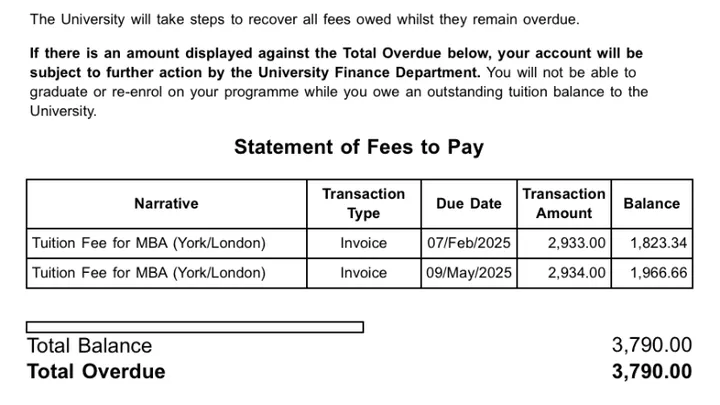
Source: The Independent
The UK government has announced that migrants entering via certain legal routes will now need to pass an English language test at A-level standard in all four competencies — speaking, listening, reading, and writing. The requirement is legislated in a new law introduced to Parliament on 14 October 2025 as part of broader immigration reforms.
Under the new rules, migrants must sit a Secure English Language Test administered by a Home Office–approved provider. These results will be independently verified and incorporated into visa applications.
Home Secretary Shabana Mahmood said:
“This country has always welcomed those who come to contribute. But it is unacceptable for migrants to come here without learning our language, unable to play their part.”
The changes form part of the government’s “Plan for Change,” which aims to overhaul the immigration system to be more selective, controlled, and aligned with national interest.
These language changes are part of a package of reforms announced today, including:
- Reduced post-study stay: International students’ period to find graduate-level employment will be cut from two years to 18 months, starting 1 January 2027.
- Increase in Immigration Skills Charge (ISC): The levy employers pay to sponsor foreign workers is set to rise by 32%, with the additional funds redirected toward training the domestic workforce.
- Higher student finance requirements: For the 2025–2026 academic year, visa applicants must show higher levels of funds to support themselves.
- Enhanced skilled routes: Changes include expanding the High Potential Individual (HPI) route — doubling its application cap from 2,000 to 4,000 per year — and streamlining paths for entrepreneurs finishing studies to move to the Innovator Founder route.
- Global Talent & prize route updates: Some evidential requirements for achievements and contributions will be broadened in 2026.
- Visa requirements for Botswana nationals: Effective immediately, Botswana citizens will need a visa to enter the UK, following increased claims of asylum after arrival.
The government frames these changes as part of a wider effort to balance a controlled immigration system with attracting top global talent. The reforms align with the UK’s industrial strategy and aim to address public concern over immigration control.













